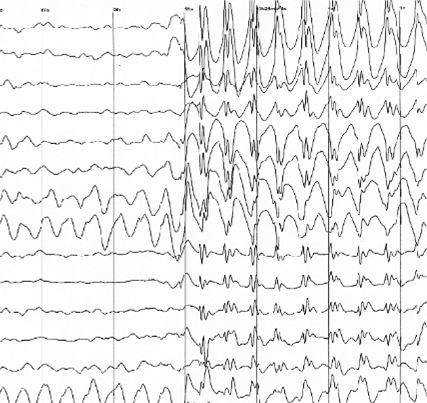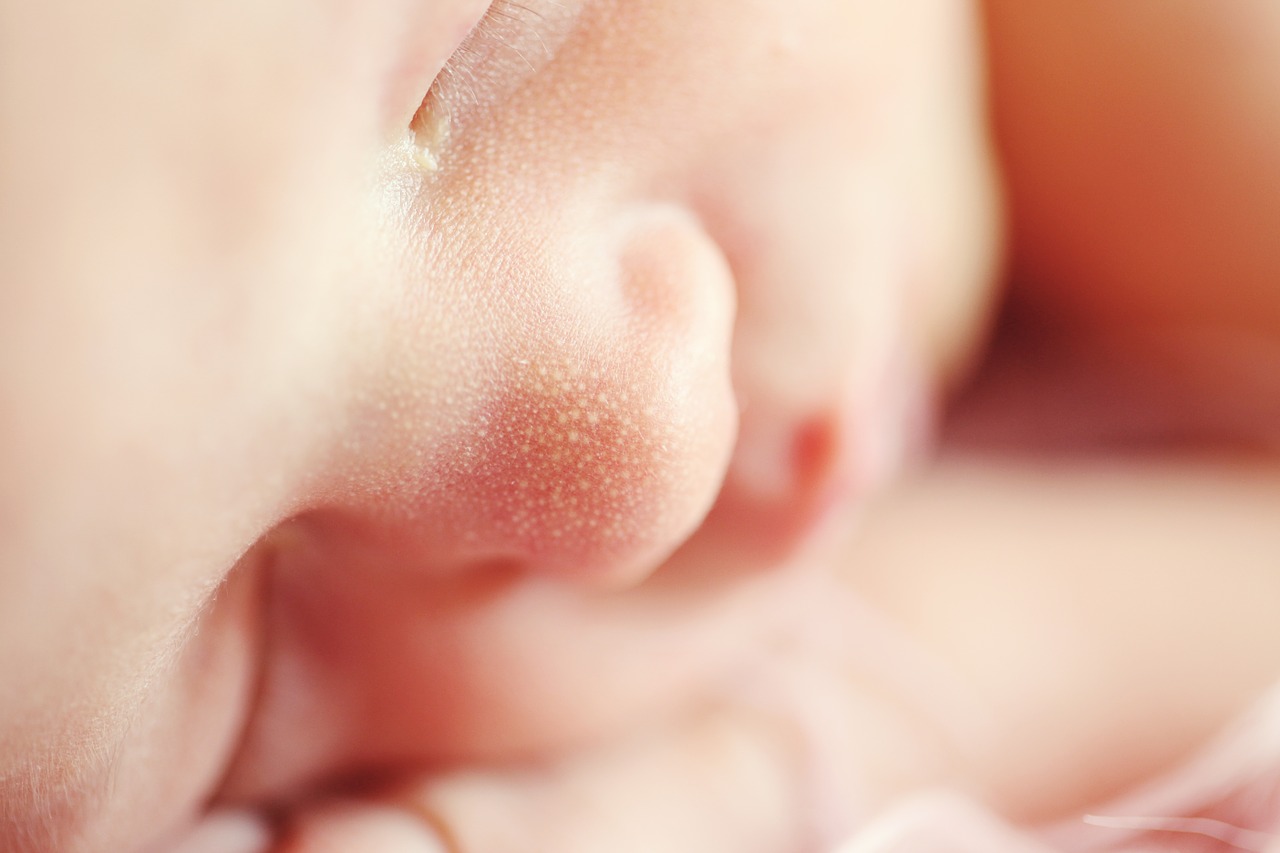Foetal and maternal sleep
Article curated by Rowena Fletcher-Wood
Pregnancy is associated with more and poorer sleep and some women have bizarre and vivid dreams. Most studies conclude that concerns about labour or becoming a mother drive nightmares during pregnancy, but these don’t explain all dreams, including the commonly reported sex dreams!

Many scholars think rising progesterone may be responsible for sleepiness and dream intensity. Increased tiredness increases the volume of sleep and so the volume of dreams. Pregnancy discomfits also break up the rhythm sleep, meaning you wake more and recall more. We can’t ignore these physiological factors (hormones and discomfits), otherwise we’d expect to see the same kinds of and vividness of dreams in (involved) expectant fathers. Some expectant fathers do report increased dreaming and more vivid and anxious dreams, but not all or as much.
Although they’re not sure why, some researchers have linked poor sleep to longer and more difficult labour and delivery, with women sleeping less than 6 hours a night 4.5 times more likely to undergo caesarean operation. Others found that shorter and easier deliveries were linked to labour nightmares, and hypothesised that this was because women were “practising” in their dreams!


 4
4The thalidomide scandal highlights an important medical problem: that women, along with other marginalised categories such as ethnic minorities and the elderly, are still massively underrepresented in clinical studies[1][2][3]. This means there are many unknowns about women’s health from sleeping disorders to heart attack symptoms, leading to misdiagnosis, mis-dosage, and severe health risks, that make women more likely to die of preventable medical conditions. However, this has been recently recognised and many scientists are working to try to effect change.


 2
2
We can’t measure the brain activity of a human foetus – not whilst they’re inside their mother. Researchers into brain activity instead perform EEG (electroencephogram) exams on premature babies and monitor eye movement to tell them about sleep cycles, although errors are common.


 3
3
Using these methods, REM (rapid eye movement) sleep sleep is detected from around 7 months, when the brain cycles in and out of restful and REM sleep every 20 to 40 minutes and the foetus sleeps 90% of the time. Very little is known about foetus sleep before this. However, new research into lambs has shown that foetuses enter a dreaming-like brain state weeks before REM sleep starts[4]. As well as learning more about sleep, this study could help us figure out how the brain develops and when it is most at risk.


 3
3When a baby starts to move, its motions are involuntary, but they soon become voluntary – around 16 weeks. Nevertheless, the baby is mostly sleeping, and that means many of the motions are instinctive responses to outside pressures – and possibly, although we don’t know, dreams (it’s believed that adult-like dreams (develop around age five. One thing we do know is that unborn babies do not have their limbs paralysed when they sleep to stop them from acting out their dreams, which happens to adults, and leads to the phenomenon of sleep paralysis.
Alas, there’s no evidence the movements and routine of unborn babies codes for the movements and routines of born ones, although lots of anecdotal information says there might be.
Learn more about Sleep Paralysis - A Ghost Story.


 2
2


 3
3
Another area of research is the relatively un-navigated territory the relationship between foetal health and maternal sleep. Some studies think that the mother can influence her child’s health by sleeping well when she’s expecting, but the cause-effect relationship between impaired sleep and infant health is a difficult web to untangle!
Learn more about /pregnancy.


 3
3Whatever the links, there's still much to be explored about this topic. If you want to read more, check out our pregnancy article.
This article was written by the Things We Don’t Know editorial team, with contributions from Cait Percy, and Rowena Fletcher-Wood.
This article was first published on 2021-12-04 and was last updated on 2021-12-04.
References
why don’t all references have links?
[1] Hall, W.D., 1999. Representation of blacks, women, and the very elderly (aged> or= 80) in 28 major randomized clinical trials. Ethnicity & disease, 9(3), pp.333-340.
[2] Mascaro, Jennifer S., et al. Child gender influences paternal behavior, language, and brain function. Behavioral neuroscience 131.3 (2017): 262.
[3] Barha, Cindy K., and Liisa AM Galea. The maternal 'baby brain' revisited. Nature neuroscience 20.2 (2017): 134.
[4] Kinsley, Craig H., et al. Motherhood and the hormones of pregnancy modify concentrations of hippocampal neuronal dendritic spines. Hormones and behavior 49.2 (2006): 131-142.
Recent foetal and maternal sleep News
Get customised news updates on your homepage by subscribing to articles













